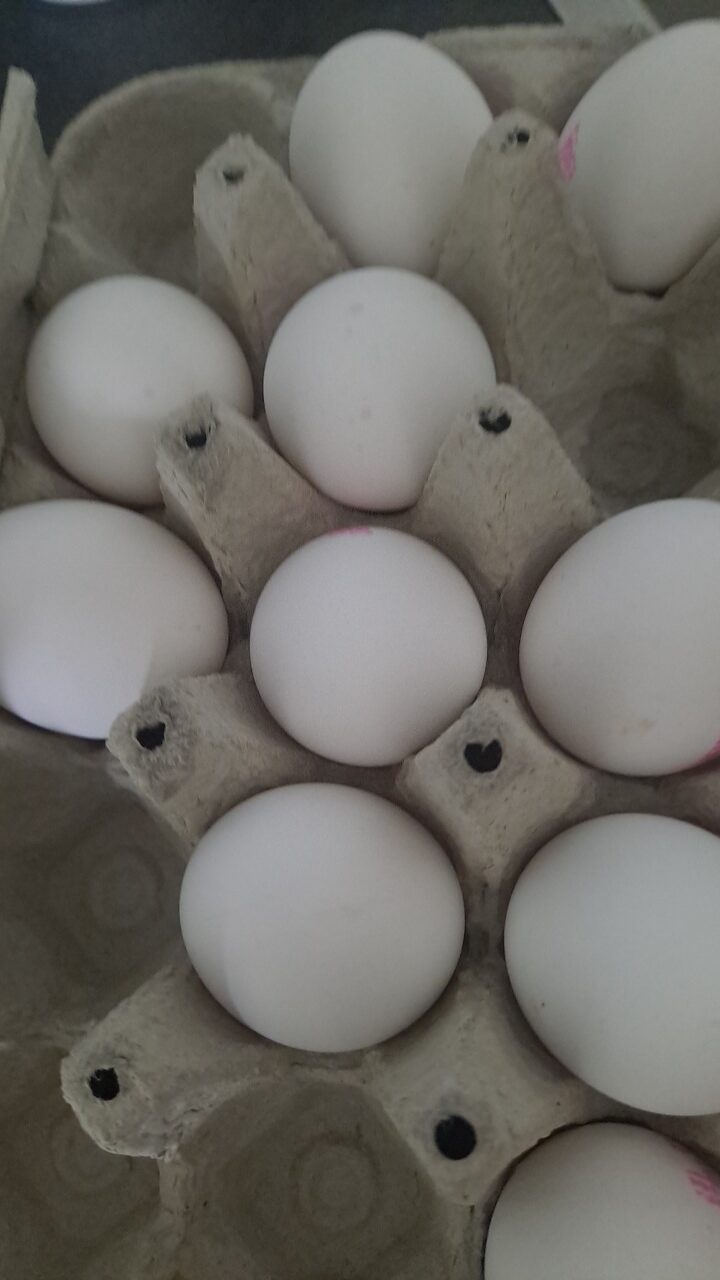
Barcode: 6430029763091
eggs
HALAL
📝 Reason: Eggs by themselves are considered Halal in Islamic dietary law as long as they are not mixed with or processed using Haram substances. Eggs do not fall under meat requiring ritual slaughter and are not from swine or prohibited animals. (Quran 2:173; IFANCA.org; eat-halal.com)
🏷️ Category: Eggs
📄 Certificates: Vegetarisch
Ingredients:
Details
Are Eggs Halal? Understanding the Halal Status of Eggs
When it comes to dietary choices in accordance with Islamic law, many people often wonder if certain foods like eggs are Halal. In this guide, we will explore the Halal status of eggs, discuss their ingredients, and clarify any concerns regarding their consumption. Let’s dive in!
Halal Status of Eggs
According to Islamic dietary law, eggs are generally considered Halal as long as they are not mixed with or processed using Haram (forbidden) substances. Eggs come from chickens and other birds, which are Halal animals, ensuring their acceptance in Halal diets. The Quran explicitly permits the consumption of Halal foods, and eggs do not fall under the category requiring ritual slaughter, unlike livestock. Thus, they are a safe choice for Muslims.
Short Explanation of Halal Eggs
Eggs by themselves are widely accepted in the Muslim community. They are not derived from Haram animals, such as swine, and they do not contain any non-Halal processing agents. The evidence sourced from respected sites like IFANCA and Eat Halal further affirms that eggs stand secure within Halal parameters. The relevant verse in the Quran (2:173) provides clarity and reassurance regarding the consumption of Halal foods.
Ingredients and E-Numbers
The only ingredient in eggs is, logically, ‘eggs’. This simplicity is what makes them a staple in many diets, as they do not come with any problematic additives. Eggs do not carry any E-numbers, which are commonly associated with food additives. Therefore, there’s no need to worry about Halal compliance when it comes to additional substances that could compromise their Halal status.
Understanding E-Numbers
To ensure transparency in our dietary choices, it’s crucial to examine food ingredients and their corresponding E-numbers. In the case of eggs, there are no E-numbers applicable, affirming that they are pure in their form. The absence of additives means that eggs are safe for consumption without concern for hidden Haram ingredients. The sole component ‘eggs’ is widely acknowledged to be Halal and does not require any specially designated Halal certification, although they may still be included in Halal-certified products.
Brand and Certification Context
While there is no specific brand associated with eggs mentioned in this context, it’s essential to understand that the Halal certification depends on the production process as well. Eggs certified under vegetarian guidelines also align with Halal requirements as they are natural, unprocessed products. This gives an additional layer of assurance for consumers looking for Halal options in their groceries.
Conclusion
In conclusion, eggs are a versatile, nutritious option that is widely accepted in Halal diets. Their straightforward ingredient listing, being solely comprised of eggs, combined with the absence of any E-numbers or additives, makes them a clean choice. They do not require any special preparation or Halal certification beyond the general assurance that they are sourced from Halal animals. Thus, if you are searching for a dependable protein source that conforms to Halal dietary laws, look no further than eggs!
